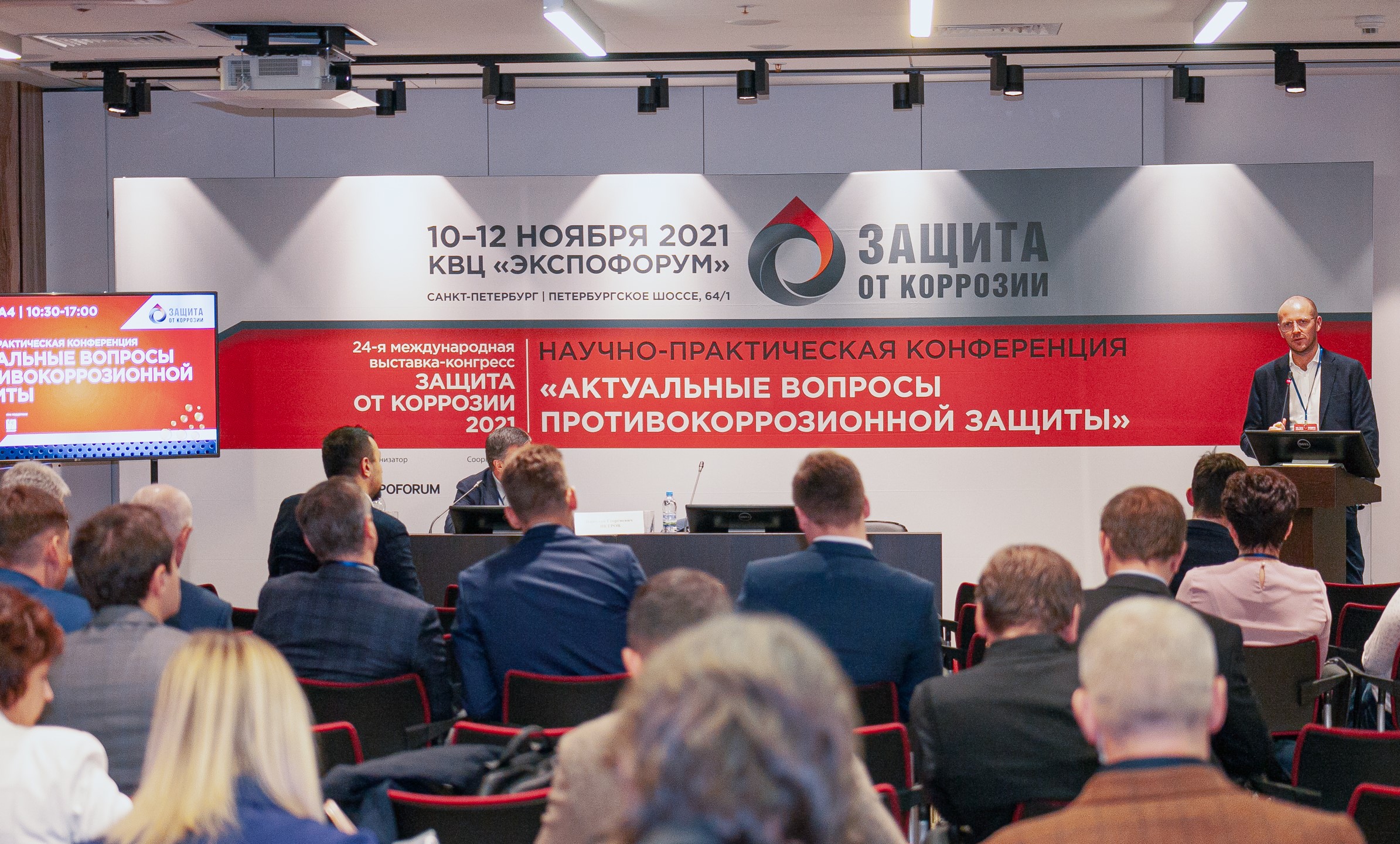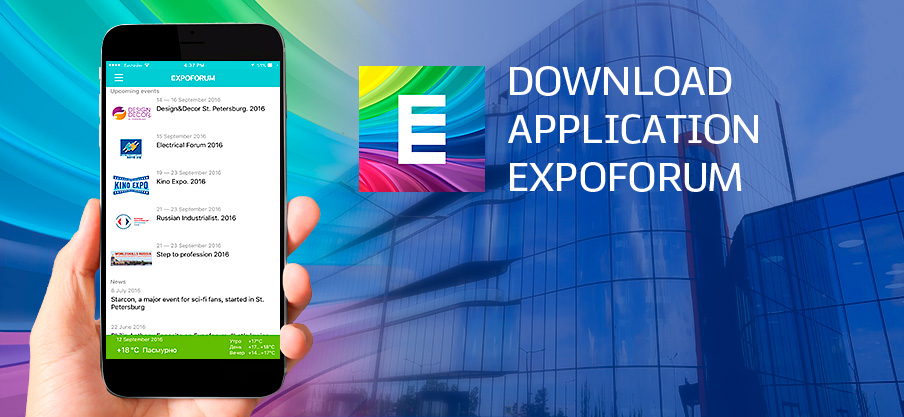The standards and requirements for corrosion protection equipment were discussed at the plenary session
On November 10, in the framework of the XXIV Corrosion Protection Exhibition and Congress a plenary session was held of the scientific and practical conference Current Issues of Corrosion Protection. The speakers gave speeches on standardization, talked about modernizing universities, and discussed other important topics.
The plenary session was opened by Nikolai Petrov, Executive Director of SOPCOR Association. He made a report on Improvement of the Fund of Regulations and Certification of Personnel Qualifications in the Field of Corrosion Protection. Nikolai Georgievich told about the history of development of the Unified System of Corrosion and Aging standards. The first standards for protective coatings appeared in the USSR in the 30s, in 1972 the standards were extended to the civilian field. As of the end of 2019, there are 132 standards in the Unified System of Corrosion and Ageing Protection (USCAP) with 39 names in the Corrosion Test Methods column. According to the project plan for 2022–2024, it is planned to implement standards for corrosion inhibitors, drainage stations, casing protection, and other areas.
The topic of standardization is a key one in the industry, requiring discussion and a unified approach. Today, the manufacturer must have its products certified and tested in each oil and gas corporation separately. The Oil and Gas Technology Initiatives Institute (OGTII) was created as an option and officially registered in February 2020, with four corporations as its founders: PJSC Gazprom, PJSC Gazprom Neft, PJSC Sibur, PJSC Tatneft.
Mikhail Kuznetsov, head of the Department of technological partnerships of PJSC Gazprom Neft, spoke about the current status and prospects of the organization: “All major Russian oil and gas companies have joined the Institute, and agreements have been signed with a number of companies from OPEC countries. Just yesterday SONANGOL from Angola confirmed its willingness to join the OGTII. The value for manufacturers is in opening the potential market by unifying requirements. The manufacturer will not need to adjust to each customer. We expect this to reduce the manufacturer’s costs and increase competitiveness. For the consumer, it's an expansion of the supplier pool.”
Mikhail also spoke about current results: 12 technical committees were created, 12 standards were approved, more than 500 experts are involved.
Today, more than 15 manufacturers have been evaluated for compliance. By 2025, it is planned to involve more than 5,000 experts in the development of unified standards, approve over 500 standards, standardize 100% of equipment for oil refining technologies, oil and gas chemistry, and LNG, and reduce the time for compliance assessment to two months.
Alexey Alkhimenko, Director of STC New Technologies and Materials of IPPT, FSAEI HE SPbPU, made a report “Development of new technologies for corrosion protection in Industry 4.0 concept”. He told about the generational differences in universities. For example, first-generation 1.0 classical universities have a strong theoretical but weak research base. Universities 2.0 have already a research base. “The fourth-generation university is a “market driver”, a “driver of economic growth”, the basis for the global competitiveness of national economies and supranational associations. The university's fourth-generation entrepreneurial ecosystem is shaping new, fast-growing industries, promising technology markets, and leading administrative-territorial spaces. Students perceive the external environment in a new way and are in close contact with other universities, alumni, and industry,” said Alexey Alkhimenko.

 Calendar
Calendar
 Online application
Online application
 Map
Map
 How to get
How to get



